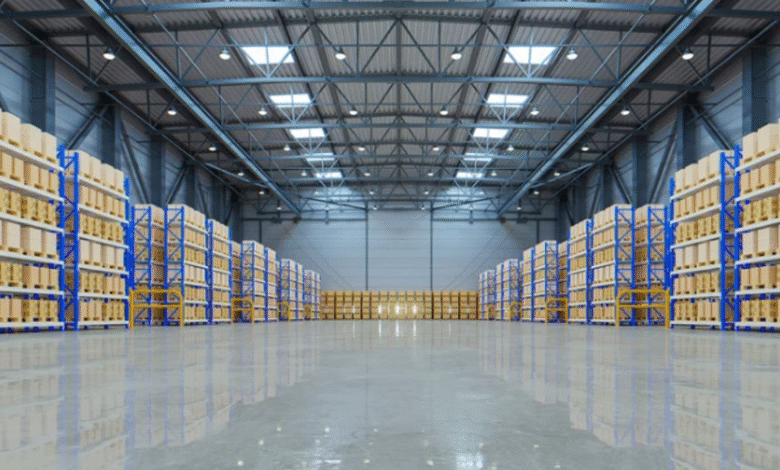How to Choose the Right Warehousing Solution for E-Commerce Businesses

Selecting the right warehousing solution is one of the most important decisions for e-commerce businesses aiming to compete effectively in today’s fast-paced market. Warehousing impacts every part of the customer journey, from how quickly products can be shipped to how reliably inventory is managed. An efficient warehouse setup reduces errors, shortens delivery times, and safeguards profitability. With increasing competition and shifting customer expectations, businesses must carefully evaluate warehouse types, scalability, and technology before committing. The right solution provides not only immediate operational stability but also the foundation for sustainable long-term growth.
Understanding Different Warehouse Types
Warehouses come in several models, each serving different business needs. Public warehouses are cost-effective and flexible, making them ideal for small to medium-sized businesses that do not require complete control. Private warehouses provide greater independence but demand significant investment in infrastructure, staffing, and technology. Distribution centers are built for speed, handling high volumes of inventory turnover and enabling quicker deliveries. Specialized facilities such as bonded warehouses support businesses that deal with international shipping and customs regulations. Evaluating various types of warehouses ensures businesses choose a model aligned with their goals, whether that is affordability, speed, or regulatory compliance.
Evaluating Scalability and Flexibility
E-commerce businesses often experience fluctuating demand driven by seasonal spikes, promotional campaigns, or sudden growth. A warehouse that lacks flexibility can create bottlenecks and higher costs. Scalable facilities allow companies to expand or contract their capacity without long-term penalties. This flexibility ensures businesses only pay for the space they need while maintaining the option to grow. Much like adjusting to market changes, scalability provides stability by keeping operations lean during slower periods while supporting rapid growth during peak seasons. Without this adaptability, businesses risk either overpaying for unused space or struggling to keep up with customer demand.
See also: Exploring Tech Innovations in the Automotive Industry
The Role of Technology in Warehousing
Technology has become a defining feature of modern warehousing. Advanced warehouse management systems (WMS), automated picking processes, and real-time inventory tracking significantly improve accuracy and efficiency. Integration with e-commerce platforms keeps inventory synchronized across multiple sales channels, reducing overselling and backorders. Automation also accelerates fulfillment processes, resulting in faster delivery times. Technology not only improves operational precision but also strengthens customer satisfaction by creating a seamless order experience. For e-commerce businesses aiming to scale, warehouses equipped with modern systems are no longer optional but essential.
Considering Outsourcing for Operational Efficiency
Managing warehousing in-house can be resource-intensive and costly. Many e-commerce businesses choose to outsource logistics to specialized providers who can handle storage, order fulfillment, and returns. This allows business owners to focus on growth, product development, and customer engagement. Outsourcing also gives companies access to broader infrastructure and expertise they may not have in-house. For businesses experiencing rapid growth, adopting scalable warehousing solutions provides the added advantage of flexibility. These models adjust to changing order volumes without requiring heavy investment, making them particularly attractive to businesses looking for efficiency and resilience.
Conclusion
The right warehousing strategy is not simply about finding storage space; it is about building a foundation for long-term success. By analyzing warehouse types, considering scalability, leveraging technology, and exploring outsourcing options, e-commerce businesses can strengthen their supply chains. A well-matched solution reduces operational costs, enhances customer satisfaction, and creates stability for growth.





